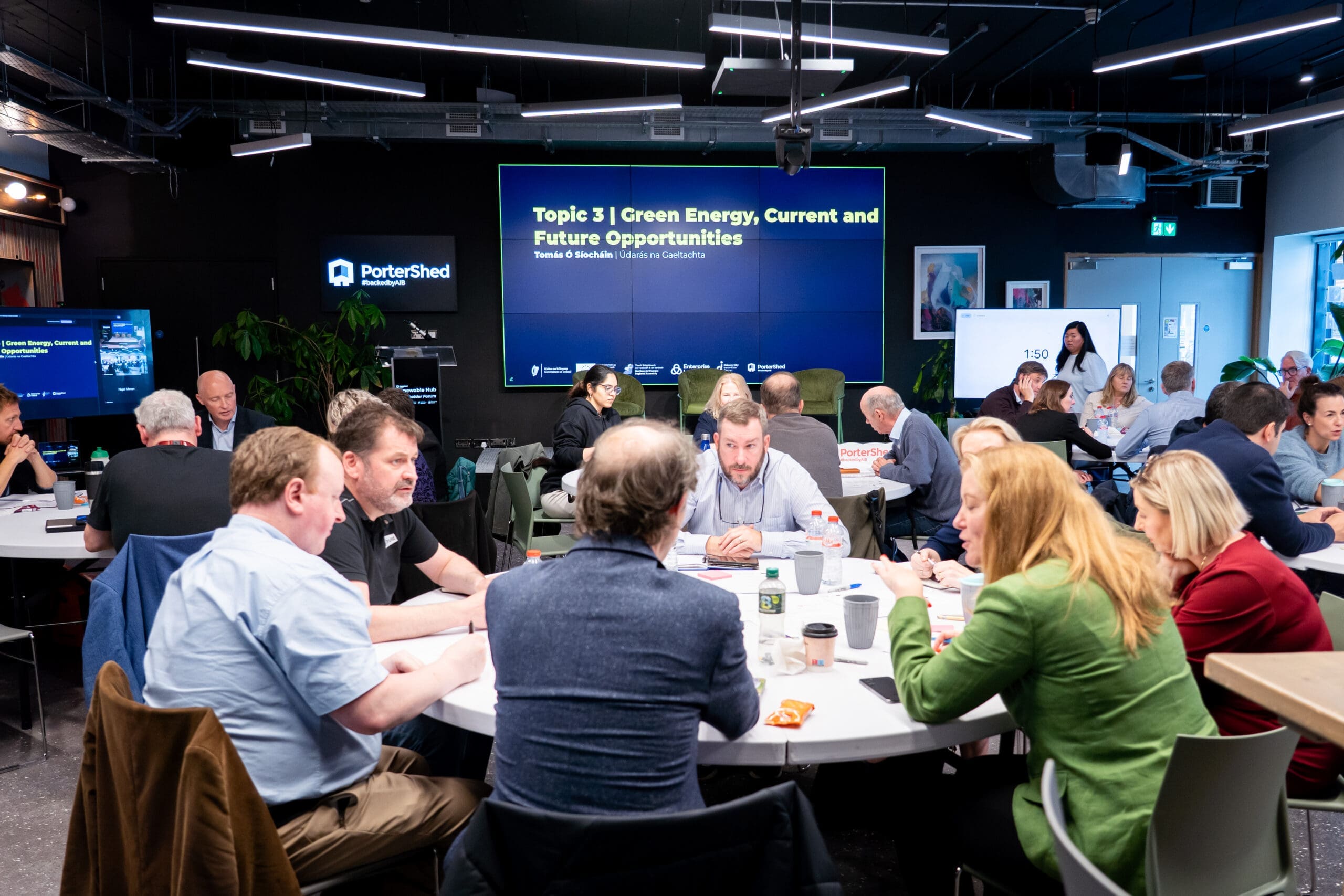Part of the reason for this blog is my interest (say obsession if you must) in staying current with funding trends. And to use the blog to test my own understanding, and to force myself to think more deeply about implications for startups, particularly those in Ireland/EU.
As I’ve mentioned in the past, there’s a radical rethink of investing patterns and when to invest (what round, what stage of corporate development).
One of the most cogent analyses I’ve read comes from a Twitter thread by Zach Coelius (@zachcoelius), a San Francisco-based investor. I’ve copied it below, taking liberties with my highlighter):
One of the fascinating dualities of venture capital is that, while early stage is where much of the IRR and alpha is, the later stage is where all the big money, egos and pissing contests are. It is such a strange little world we play in.
Incredibly different deal flow dynamics, higher quality filtering for the base set and increased competition at later stages lead to tighter IRR distributions and hence less alpha.
- In a given year as an individual investor, I see thousands of deals, hundreds of which will be funded. I certainly see less than 10% of the deals out there. A good series A manager will see a comparable number, but they ought to see at least 50-75% of all deals.
- This early stage deal flow is highly idiosyncratic and is exceedingly difficult to build quickly. At later stages one can simply pay more and you will see more (winning the deal is obviously a different story).
- Average early stage mortality is insanely high. 90% of the companies I see funded by others go out of business in very short order. At series A generally the rule is 30% mortality, 30% survivors, 30% winners. A randomly selected portfolio thus looks very different.
- As a result, the beta of early stage vs series A is quite different. The average return of series A investors is better than the public markets. The average return of all early stage checks inclusive of friends, family, angels and seed funds is negative.
- A huge driver of this difference in beta is manager sophistication. On average the professionalism increases by at least an order of magnitude. A big driver of this is that the best early stage investors are often hired once they demonstrate alpha. Management fees win.
- The skew from that beta is also quite different. A good early stage investor can constantly return 30-50% IRR or better. To do that at series A is exceedingly rare.
- It is this delta between the average and what a good manager can do that is alpha. It thus appears self-evident to me then that there is more alpha at the early stage. I look forward to being proven wrong here.
So the big money is at the short end of the stick!!!!! How did this happen?
Markets work against arbitrage. In this case, there’s so much late-stage money in the market, and so much competition for investments, that the cost of investments has returns suffering.
So the arbitrage opportunity has newly focused on Series A, and smart investors have been focusing their efforts on startups in the market with product. And with adding value, increasing the likelihood of success in very frothy times.
If I’m understanding Zach here, his suggestion is that new fund structures designed for seed-stage funding (and the smart managers in them) are the new new frontier – where risk (early stage being notoriously fragile and fraught) reflects reward. If you’re smart enough, or willing to roll up your sleeves and provide resources that materially improve the odds, then seed stage is where its at, at least for the time being (and in the United States).
Implications for Irish startups – the arbitrage advantage (valuation, capital efficiency) for seed and A-round continues to expand, in apparent contravention of market principles.
Let me know what you think! As always, thanks for reading.

Bob Rosenberg
Educator (Associate Professor) / Entrepreneur / Leader of angel
communities /Entrepreneur in residence at PorterShed
and BioExcel / Rarosenberg@gmail.com


